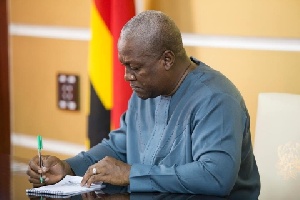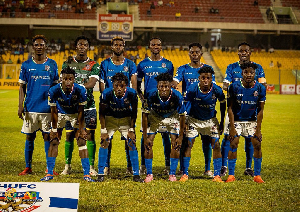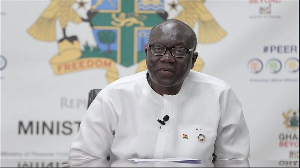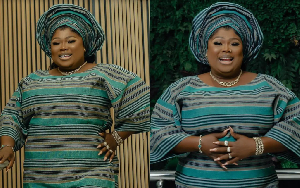President John Dramani Mahama has confirmed that Ghana will be signing up with the Sustainable Development Goals (SDGs) that will replace the Millennium Development Goals (MDGs).
He is expected to sign the document, which will have a 15-year lifespan, in September.
“We need to make economic growth more inclusive, that is why we will be signing up to the SGDs this year,” he said at the launch of a long-term national development plan for the country.
The 17 new sustainable development goals aim to end poverty by addressing root causes of the canker, promote prosperity and well-being of Ghanaians, and protect the environment.
The new development agenda targets 169 goals aimed at tackling key systemic barriers to sustainable development: such as inequality, unsustainable consumption and production patterns, inadequate infrastructure and lack of decent jobs.
According to the President, the country needs to broaden its participation. “We need to broaden participation and make good use of technology.”
Ghana has joined forces with 192 other countries to adopt the new UN sustainable development agenda to replace the Millennium Development Goals (MDGs).
Sub-Saharan Africa has not performed well when it comes to meeting the Millennium Development goals.
Ghana, for instance, is grappling with the MDG targets on maternal mortality and sanitation.
Equitable energy access and sound environmental management are critical to achieve sustainable development.
UN Resident Coordinator and UNDP Resident representative for Ghana, Christine Evans-Klock, said at a post-forum to discuss the implementation of post 2015 SDGs that: “Effective partnership and resources mobilisation are needed for financing the Sustainable Development Goals. Philanthropy can be the new and emerging partner to leverage its position and contributions in bringing along other non-governmental actors to engage in financing equitable and sustainable development”.
The United Nations Development Assistance Framework (UNDAF) (2012-2016) provides support for strengthening the capacity of Ghana to address energy and environmental challenges at national, regional, and local levels -- by focusing on key priority areas such as climate change, disaster risk reduction, energy, and biodiversity.
Business News of Thursday, 6 August 2015
Source: B&FT













